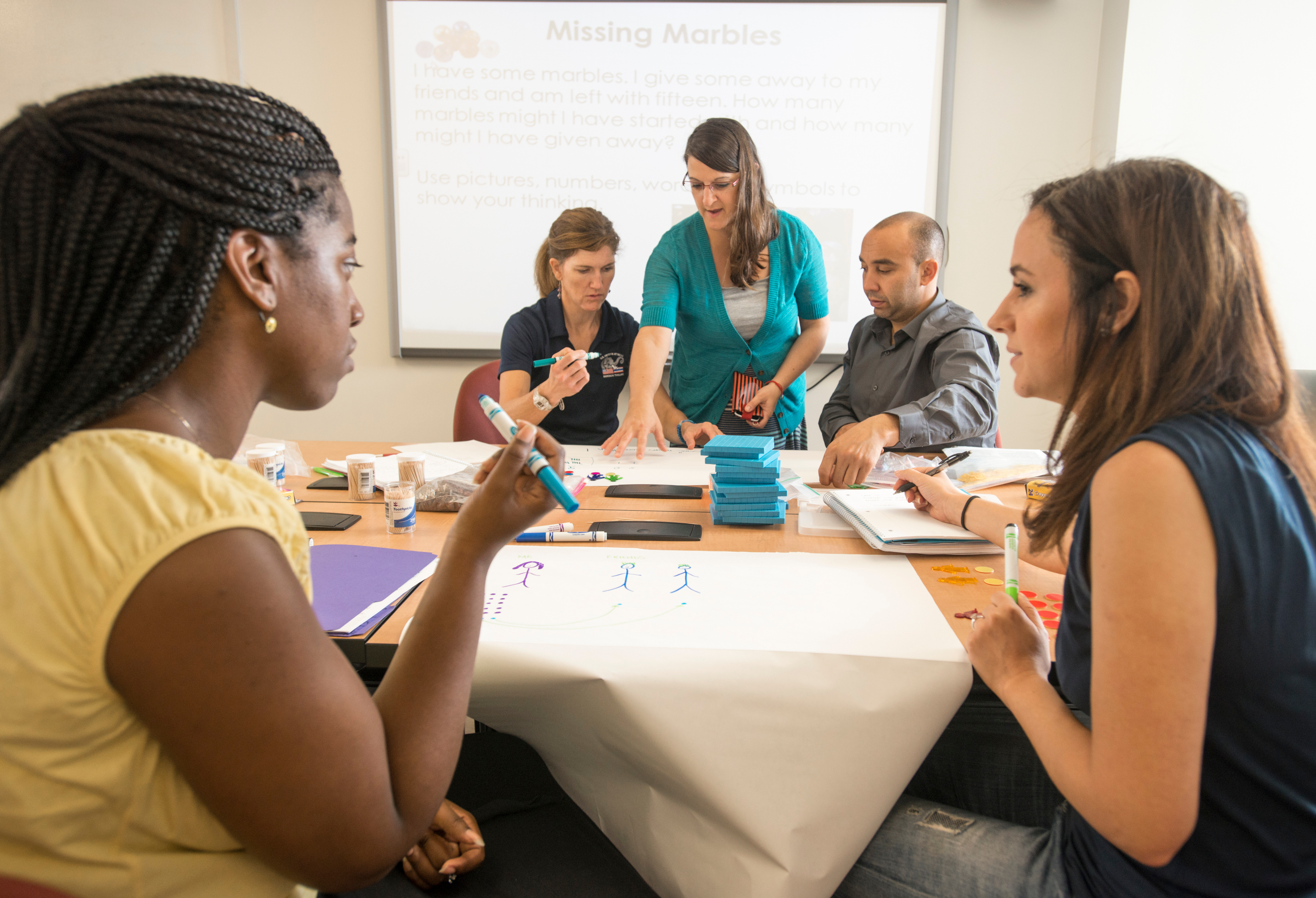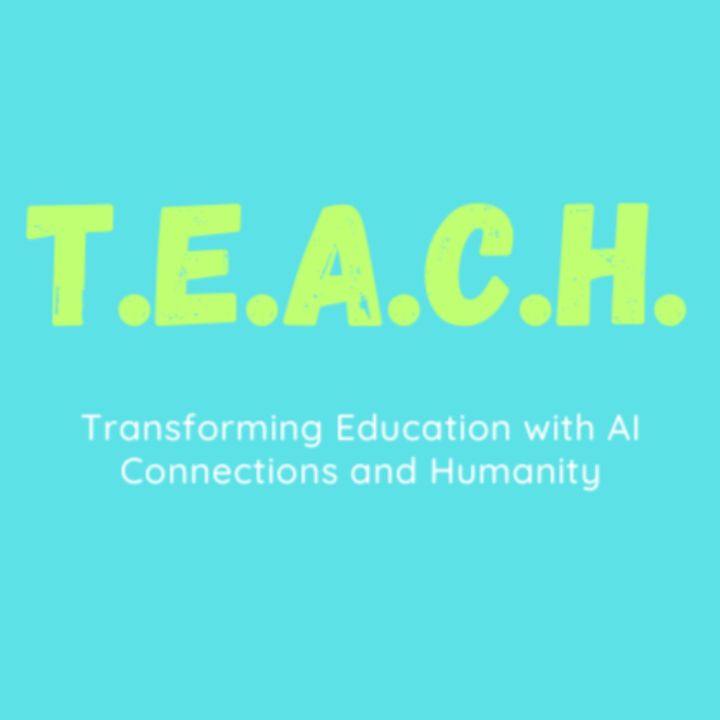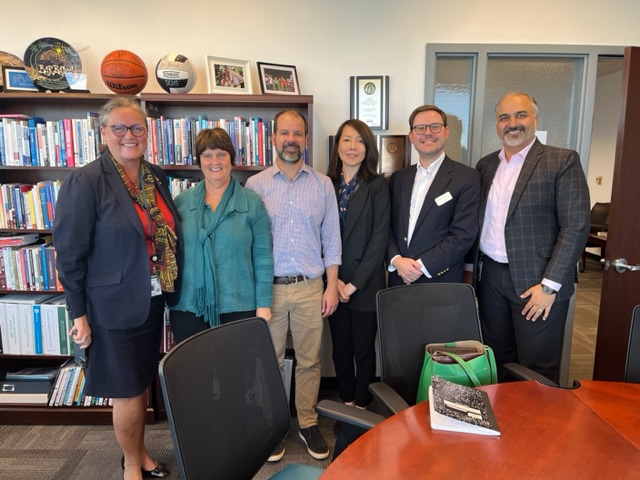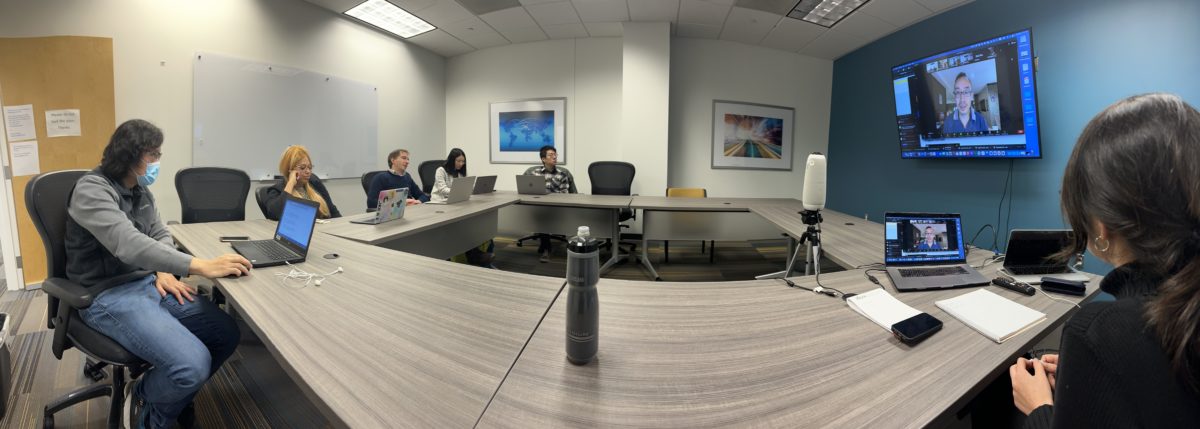Call for Applications: CAHMP Summer 2025 GRA Fellowship
We are inviting applications for a limited number of summer GRAs from Mason doctoral students who do not already have Mason summer funding. If accepted, each awardee will receive a stipend of $9,000 this summer. Applying students should provide a short summary of what project they will be working on over the summer. While we will consider all projects concerning human-machine partnerships, special consideration will be given to transdisciplinary projects centering around CAHMP thematic thrusts:
- Fairness, Accountability, Transparency, Inclusion, and Equity in AI
- AI Policy and Governance
- Human-Computer Interaction (human-machine teaming)
- Assistive Technology
- Learning Technology
- Community Informatics
- Generative AI and applications
(including AR/VR, computer vision, wearable tech, robotics, cyber, data science, digital humanities, etc.)
Recipients of this summer funding may be invited to present their projects at a CAHMP social event during the next academic year.
Application Instructions:
Applicants, please submit the following here – https://forms.office.com by 11:59pm Thursday, March 27th, 2025:
- A project title and a 250-word proposal that describes your project.
- A CV.
- One of the faculty mentors must be a CAHMP faculty member. Applicants are encouraged to have more than one mentor from different departments.
Eligibility requirements:
–Applicants must be Mason doctoral students listed in university records as full-time during Spring 2025 and must plan to return as a doctoral student in Fall 2025.
–GPA 3.0 and good standing
–Receive no other funding from Mason over the summer. Faculty mentors will be asked to provide confirmation that the applicant has no other funding at Mason over the summer.
–This fellowship is more for doctoral students who are well on their way in their degree completion.









